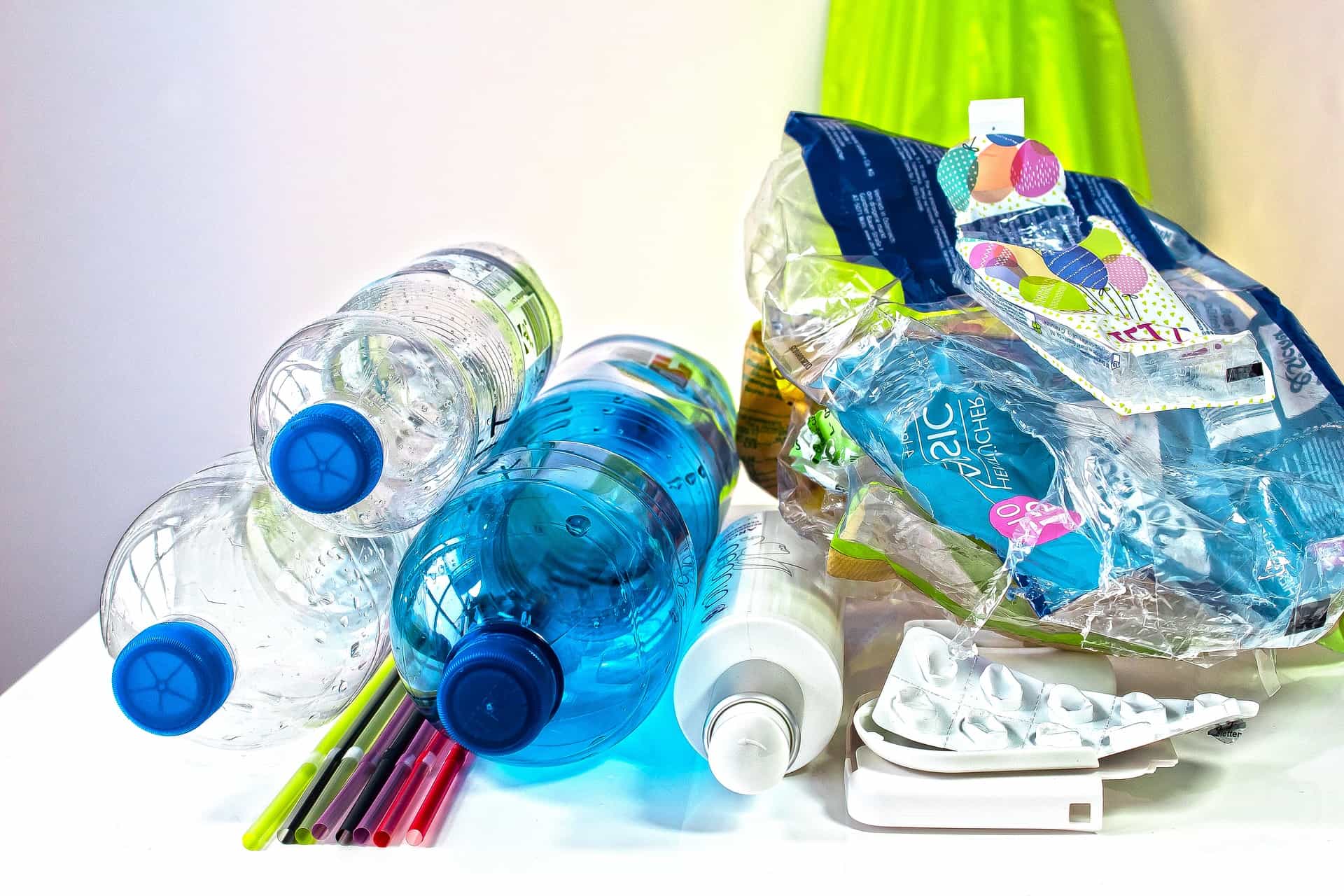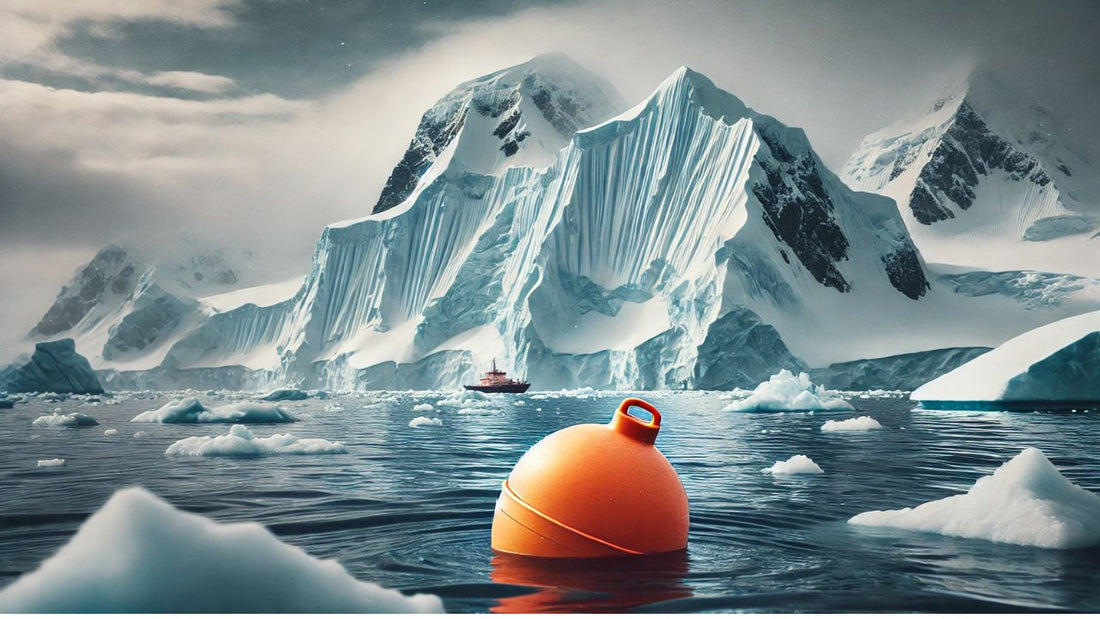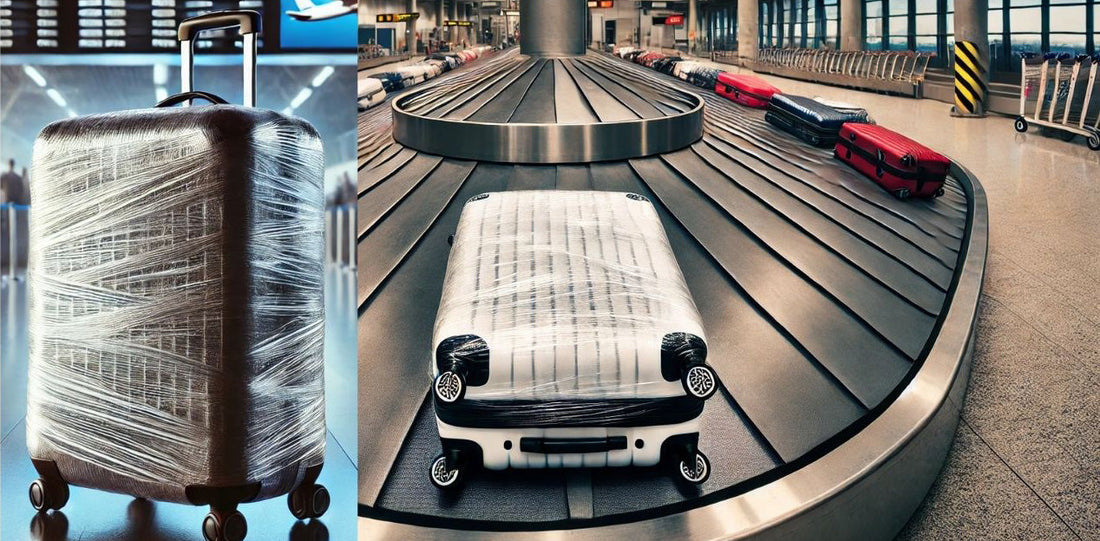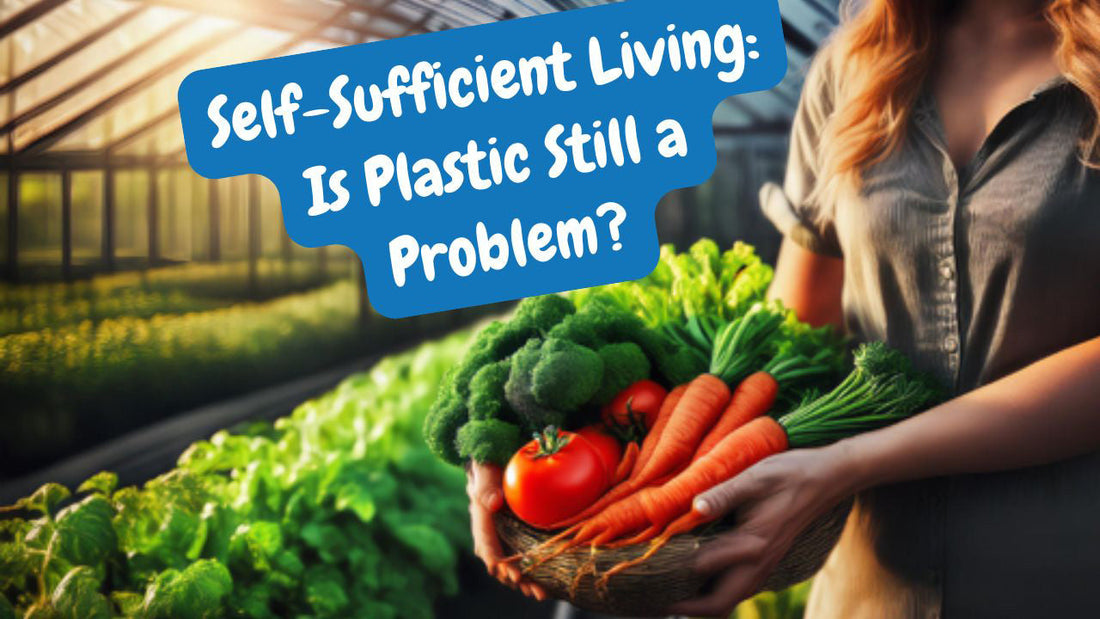Lessons Learnt
Last month we suggested taking part in a Plastic Collection Challenge, collect all your household plastic for a one month duration.
What's the point of storing a months worth of plastic?
If your goal is to reduce plastic, why would you want to keep it? Wouldn't it be better if you sent it off to recycling every week?
The answer is simple: keeping a collection of what you have used over a period of one month highlights just how much you actually use, it's no longer out of sight, out of mind.
Creating feel good moments:
Just because we put something in the recycling bin, doesn't guarantee it's going to get recycled. But it does make us feel as if we've done our part to reduce plastic waste.
A few years back (when international travel was a thing) I collected all the plastic I was given on a return flight to Australia.
It was an eye opening experience, and collecting household waste was no different.
HOUSEHOLD PLASTIC COLLECTION:

Creating this monthly plastic collection definitely highlighted the fact that we're a long way off fixing the plastic pollution problem.
So what lessons did I learn by storing a months worth of plastic?
In my initial post last month I detailed my first week of collecting plastic and it turns out this was the week that generated the most plastic.
The majority of the plastic collected that week was from online clothing purchases.
Lesson 1: Don't buy clothes online in August when you are doing a plastic collection. Just kidding . . . not all these clothes were for myself, I just kept the wrappers as they ended up in my home — for me to dispose of.
Even if you buy online and your clothes don't come packaged in plastic — it's highly likely the plastic has simply been removed before putting it in your parcel.
Reality is whether you purchased the clothing in-store or online you would be faced with the same problem. It would just be plastic you don't see. You can't always avoid plastic, especially if you don't know it's coming to you via post. Nor can you avoid it if you don't see it before it is removed from the item you are purchasing.
If you truly want to buy clothing that's packaged plastic free you can:
- buy secondhand,
- if you have deep pockets — have your clothes tailored especially for you,
- don't have deep pockets — make your own,
- and if those options don't work then spend some time researching the company you're purchasing from to see what their stance is on plastic pollution.
In summary . . . simply do your best!
So aside from the online shopping purchases what else ended up in the plastic collection? One item that I've struggled to eliminate is the plastic bag that contains my beloved Bokashi mix. It's an essential item in my household, I'm an avid Boksahi composter. I've tried many other methods of composting and Bokashi is the easiest I've used to date.
There are ways to avoid the plastic bag, one involves a spray bottle — I don't find the spray as effective, as well it's just another spray bottle going to landfill, and the plastic bag is more likely to get recycled than the bottle. I could make my own mix, but that's just crazy time-consuming and being plastic free involves a lot of making your own so adding another DIY to my list isn't going to work.In an ideal world Bokashi mix would be provided by local council as a “refill your container” type option, also at a reduced price. Why the council? Because they should be providing incentives for people to compost at home. It's a win-win situation for them. Less waste going to landfill, less cost for them. Just putting that idea out there to all local councils!
Also in the collection was a bag of Salt and Vinegar Chips. I have no excuses and have yet to find chips that come in compostable bags .... but I know they are out there!
Lesson 2: There are some bits of plastic that are out of your control . . . and some you can control, however it would mean drastically changing your lifestyle. Living life plastic free doesn't mean you need to take it literally. The goal is to always do the very best you can to reduce your plastic footprint. If we, (the human collective) gave some thought to our purchases, asking do I need this? Bokashi mix - yes, salt and vinegar chips - no. We'd make better decisions that would allow us to further reduce our reliance on plastic.
The last item in the collection that was not plastic bags and is unlikely to get recycled is a used bottle of toilet cleaner. Yes its #2 plastic (the most commonly recycled plastic), however it's white plastic with an additional plastic wrap and a red lid on top (coloured plastic is less desirable). This aside, it's still plastic and we know recycling is not the answer.
So why is it even in my house? I didn't, and wouldn't purchase this type of product. Our neighbours were relocating/downsizing and they were planning on throwing it in the garbage. It's better to use something that already exists than simply throw it away. It will be placed in the wishcycling pile (the pile of plastics that you are not sure if they recycle, but wished they did).
Lesson 3: If you're collecting other people's plastic waste, whether that be on the side of the road, or by items left from neighbours — then pat yourself on the back. You aren't contributing to the problem. You're doing your best to make sure it doesn't end up in landfill or worse — the ocean.
Collecting a month's worth of plastic was a very different experience than collecting the plastic from one international airline flight, however they were both enlightening. One I had very little control over as travelling for 24 hours makes your options for saying no to plastic very limited, the other is a continual work in progress.
I'll be taking on the challenge again next year to see if I have better luck with avoiding single use plastic in my home — and encourage you to do the same!





